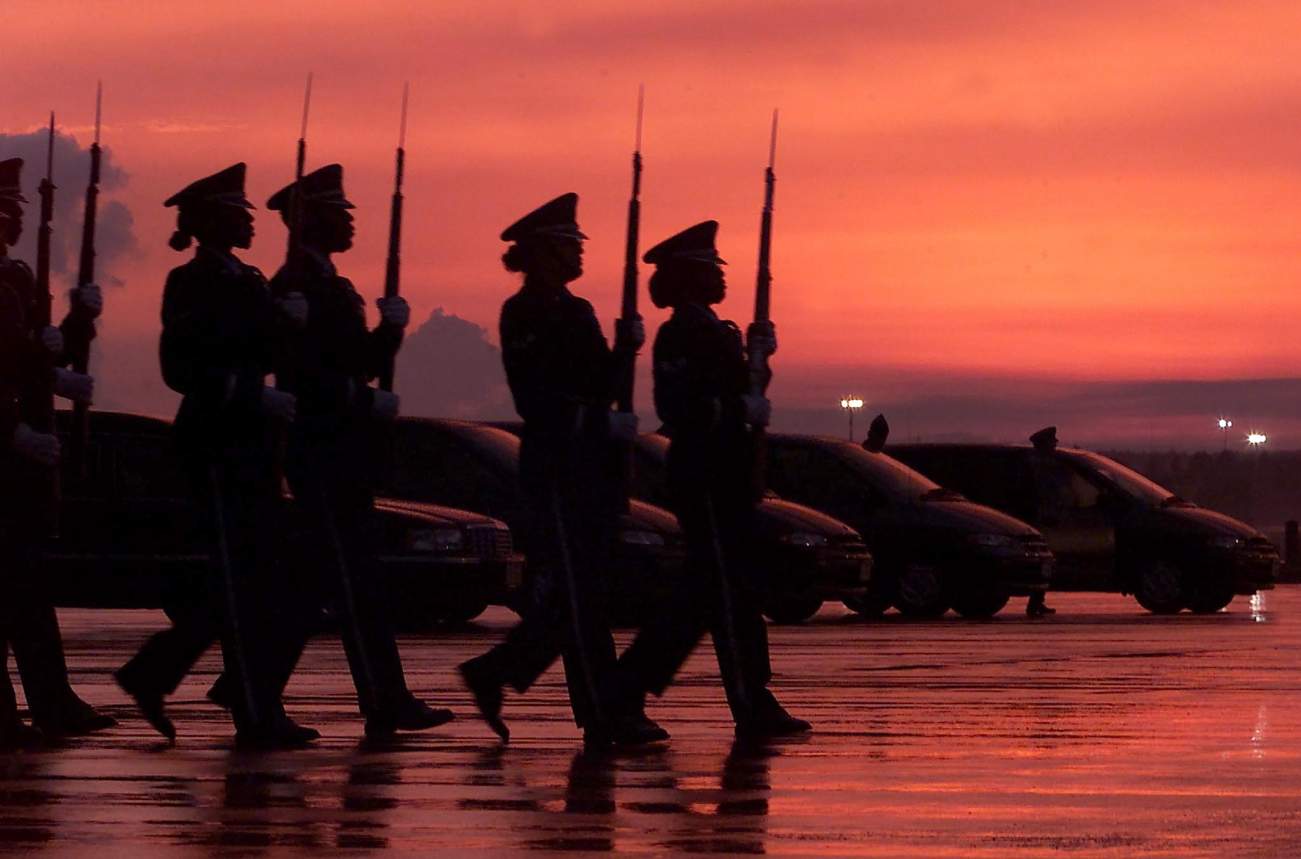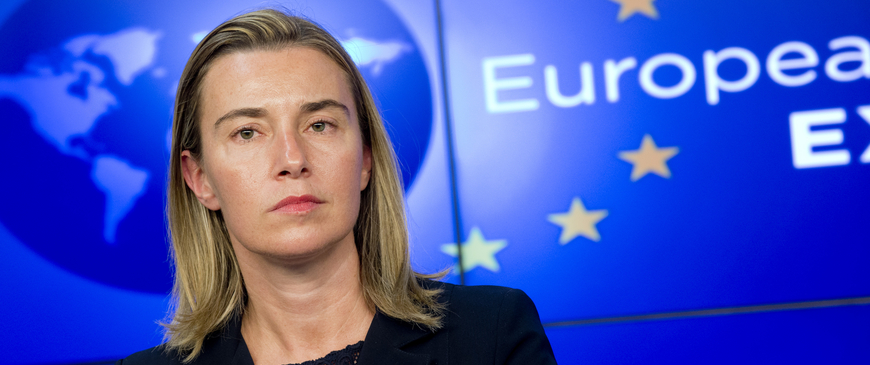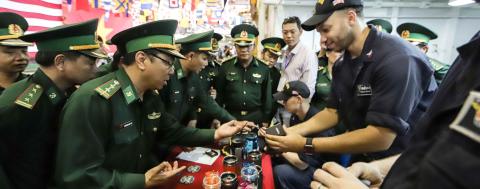Samir Saran
 This Global Governance Working Paper is a feature of the Council of Councils (CoC), an initiative of the Council on Foreign Relations. Targeting critical global problems where new, creative thinking is needed, the working papers identify new principles, rules, or institutional arrangements that can improve international cooperation by addressing long-standing or emerging global problems. The views and recommendations are the opinion of the authors only. They do not necessarily represent a consensus of the CoC members, and they are not the positions of the supporting institutions. The Council on Foreign Relations takes no institutional positions on policy issues and has no affiliation with the U.S. government.
This Global Governance Working Paper is a feature of the Council of Councils (CoC), an initiative of the Council on Foreign Relations. Targeting critical global problems where new, creative thinking is needed, the working papers identify new principles, rules, or institutional arrangements that can improve international cooperation by addressing long-standing or emerging global problems. The views and recommendations are the opinion of the authors only. They do not necessarily represent a consensus of the CoC members, and they are not the positions of the supporting institutions. The Council on Foreign Relations takes no institutional positions on policy issues and has no affiliation with the U.S. government.
The Challenge
The future of global development and the shift to a new low-carbon growth model will hinge on the choices of the global south and, in particular, India. Home to over a billion individuals whose lifestyle demands and aspirations are rising quickly, India’s development choices require a unique urgency. It is the first large country to transition from a low- to middle-income economy in a fossil fuel–constrained world. And in the absence of aid and contributions from developed economies, India will have to develop its economy largely through its own political and financial arrangements.












/arc-anglerfish-arc2-prod-mco.s3.amazonaws.com/public/M3PFKTFLVVDLBNKJXLYJVOVIZM.jpg)
/arc-anglerfish-arc2-prod-mco.s3.amazonaws.com/public/VMALKWMJBJGSNBTNN24HWGYEHQ.jpg)
/arc-anglerfish-arc2-prod-mco.s3.amazonaws.com/public/SZ7YYTRHWRFTZHQDKSU26SJELE.jpg)